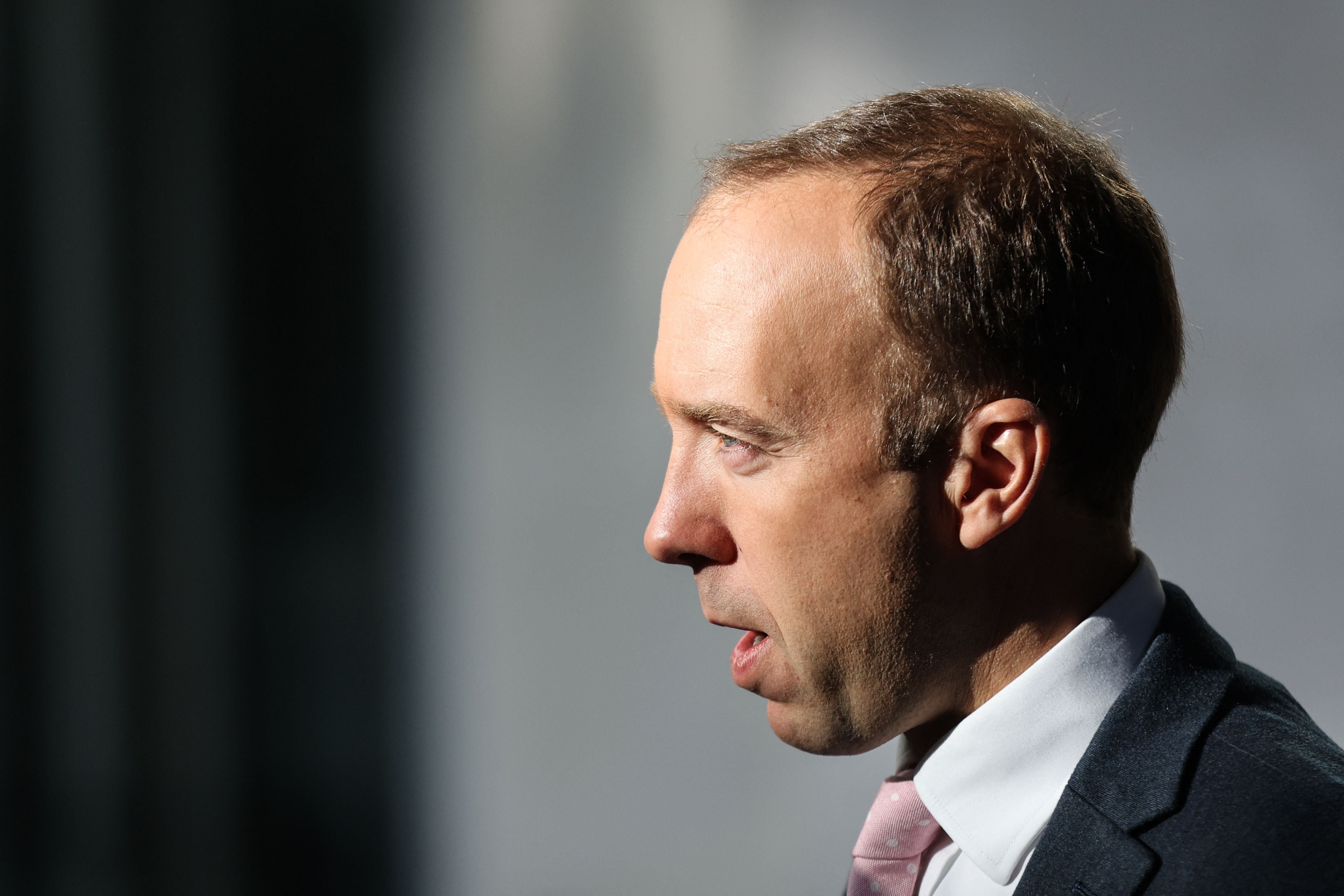Matt Hancock’s diaries present his defence to the Covid inquiry
The former health secretary has set out his side of the Covid story, writes John Rentoul


A couple of early entries in Matt Hancock’s Pandemic Diaries reveal the one-way mirror between politicians and the rest of us. As open as society now is, and as intrusive as journalists now are, those in power still know things that the rest of us don’t.
At the end of January 2020, Hancock recorded that he had stood by the speaker’s chair for Prime Minister’s Questions and thought it “surreal” that there was not a single question about the new virus in China. The virus occupied his every waking thought, and the day before he had been told by Chris Whitty, the chief medical officer, that the reasonable worst-case scenario was 820,000 excess deaths in the UK. He wrote that he had thought: “Every question you lot are asking will be rendered completely irrelevant in a few weeks.”
Two weeks later, on 11 February, he wrote: “Driving home down the Harrow Road, I looked at the crowds spilling out of the pub on the corner and tried to imagine what it will be like if we have to shut these places. I felt like I inhabited another world, that no one outside had yet seen into.”
The information Hancock had was not secret: it was available to anyone who cared to look; it was just that it was his job to worry about it. His diaries are obviously an attempt to persuade the coronavirus public inquiry that he did worry about it, that he saw the danger early, and that he tried to do what was necessary to protect people as much as possible.
In publishing them, he is defending himself against the vendetta waged against him by Dominic Cummings, Boris Johnson’s chief adviser at the start of the pandemic. This accounts for a few early entries confirming what Cummings himself admits: that Cummings was slow to grasp the significance of the virus.
The diaries in fact tell us little new about the government’s pandemic response. The Cummings-Hancock dispute was rehearsed at length in front of the joint health and science select committees last year, mainly to Hancock’s advantage. In the early stages of the crisis at least, Hancock – and Johnson – have the reasonable defence that they always acted on the advice of the government’s medical and scientific advisers.
To keep up to speed with all the latest opinions and comment, sign up to our free weekly Voices Dispatches newsletter by clicking here.
What the diaries confirm is that there wasn’t enough personal protective equipment and there weren’t enough tests, and that Hancock struggled to make the machinery of government turn more quickly. He had to take hard decisions about discharging patients from hospitals to care homes, when there were no good options. He could have been more open with the public about the limits of what could be done, at one point admitting: “The Daily Mail has run a highly critical piece about not having enough tests. Privately, they’re right of course.”
Thus the diaries shed light, unexpectedly, on two dilemmas of modern politics: how much politicians should tell the public about alarming but uncertain information, and how honest they should be in saying that there is little the government can do about some problems. Perhaps one of the findings of the public inquiry should be that we expect too much of the government.
Yours,
John Rentoul
Chief political commentator
Join our commenting forum
Join thought-provoking conversations, follow other Independent readers and see their replies
Comments
Bookmark popover
Removed from bookmarks